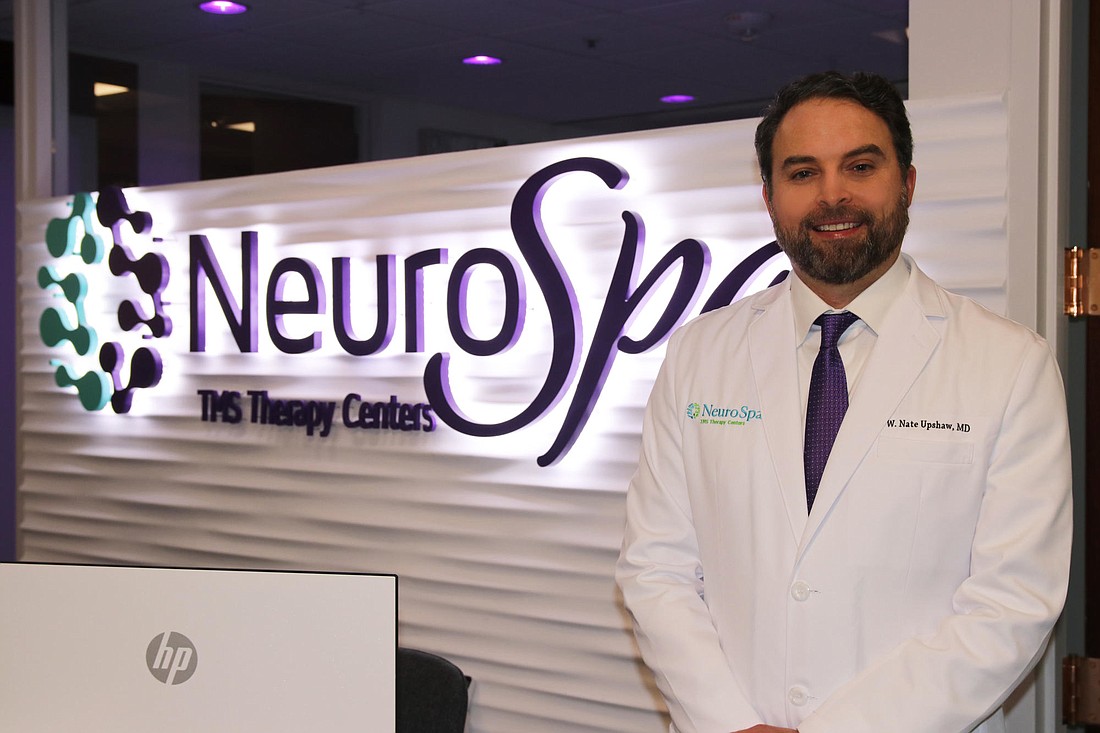- April 19, 2024
-
-
Loading

Loading

For years, I never understood depression.
No, I am not talking about having bad feelings because your perceived wrong candidate was elected. I'm not talking about the dark places we go when those close to us die, or when we lose our jobs, or when the Yankees lose the final game of a playoff series.
This is about pulling all the curtains on a sunny day when the rest of the world is outside playing. It's about wanting to isolate yourself at home when your 4-year-old is being honored at preschool. It's about not being able to smile when good things are happening all around.
I grew up in a world of sports where when something went awry, the coach would tell you to suck it up and shake it off. Why couldn't someone who is clinically depressed shake it off?
Unfortunately, I had experience with all this with a close family member. And through the years, once again I will say I struggled to understand it. Why couldn't that person just be stronger? Didn't that person know that everyone around was affected?
That was my bad because I never made a sufficient effort to understand it. It took a lot of time, and education.
I guess I was like others who thought, if all else failed, it was time for a doctor's visit and a chill pill. I had heard about Prozac and other similar medications that would get those with depression back on track.
Then I saw what some of those medications did to my family member. A more balanced emotional state at times would be overrun by feelings of rage, and worse. This was a lot more complicated than I ever perceived it to be.
Couldn't we find another answer?
Transcranial Magnetic Stimulation was approved as a depression therapy by the United States Food and Drug Administration in 2008. Twelve years later, I hadn't heard about it until I saw a new business listing, NeuroSpa TMS, 9015 Town Center Parkway, Unit 109, Lakewood Ranch.
I visited NeuroSpa which opened in October, and talked with TMS Medical Director, Psyciatrist W. Nate Upshaw, who admitted it is weird that something approved by the FDA so long ago remains so relatively obscure.
"It is an anomaly everyone doesn't know about this," Upshaw said. "They should."
Upshaw understood he would have to make a description of the treatment easy for me to understand.
"It is a magnetic field, going into the brain," he said. "It is hitting a specific part of the brain and causing it to use its own energy to fire, which allows it to reestablish healthy connections.
"We're trying to target a couple of circuits that are out of synch. The problem with pills is that they can actually make things worse. They are hitting the whole brain and the pills might hit another circuit. With TMS, the rest of your body doesn't get any of this."
Years of feedback has shown TMS to have impressive results with what Upshaw calls "zero side effects." He said it has worked for those suffering from depression, anxiety and PTSD.
Upshaw said the procedure is so safe that his staff, including himself, practices on each other when they train.
What will bring the procedure into the limelight? Upshaw said better awareness from the insurance companies. Although all the major insurance companies, including Medicare, cover the procedure, some force the patient to test a few different types of medicines before trying TMS. Upshaw said that slowly is changing.
It all seems apropos during the current pandemic. The World Health Organization has sent out warnings about impending mental health complications from the pandemic.
In a Time Magazine opinion column, U.N. Secretary-General Antonio Guterres wrote, "Unless we act now to address the mental health needs associated with the pandemic, there will be enormous long-term consequences for families, communities and societies.”
It appears we might all be forced to take a more informed look at the causes and treatments of depression.
I asked Upshaw how someone could tell if they had clinical depression as opposed to a temporary setback.
"When you are clinically depressed, there are no bright spots, even when something good happens," he said.
He said his patients who show improvement tell him that nothing in their life has changed, but the way they handle everything has gotten better. Their mind stops spinning on a merry-go-round. He said they get their hair cut, they dress better, and they generally look great."
He hopes Lakewood Ranch residents find the same benefits. He picked the community because he said it has a dense population that is underserved.
Treatments usually consist of a series of 36, with most people taking it five times a week. Each treatment lasts about 20 minutes.
"The stigma around mental health issues has dissipated significantly over the last decade, bringing to light challenges many people in our community are facing,” said Jason Conley, a managing partner at NeuroSpa TMS. “This awareness has led to interest in alternative therapies that provide relief without the side effects of medication."
For more information about the treatment or the facility in Lakewood Ranch, call 813-605-1122 or visit NeuroSpaTMS.com.